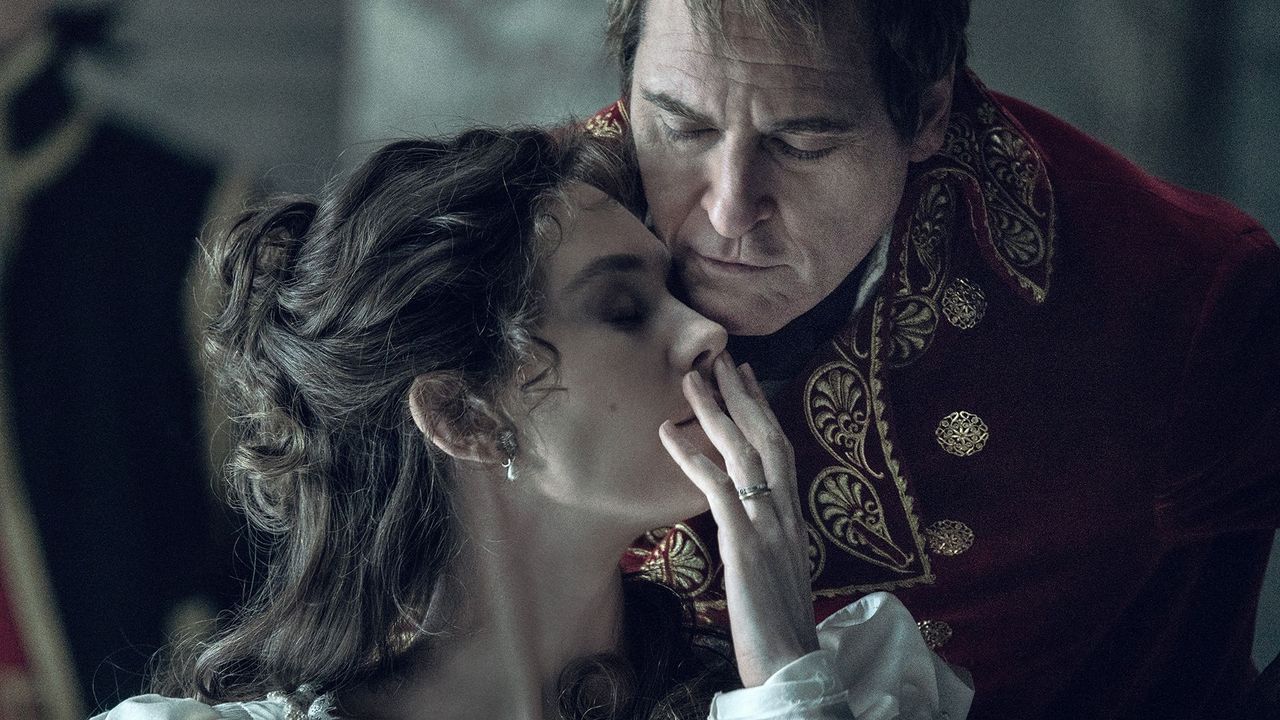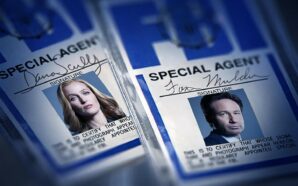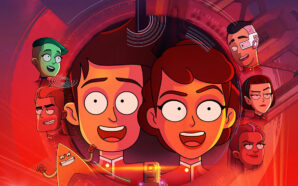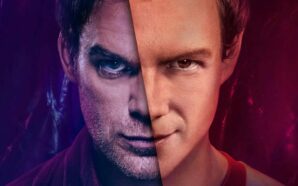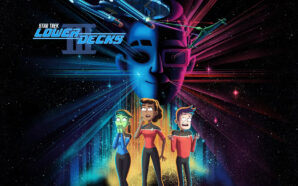There’s no director whose films are more deserving of a director’s cut than Ridley Scott. For many decades now his strong theatrical offerings are often complemented by extended editions on home media. From repeated reissues of Blade Runner, each better than the last, to a director’s cut of Alien which adds deleted scenes yet is somehow shorter than the theatrical cut, and the king of them all: the three-hour cut of Kingdom of Heaven, which turns a theatrical disappointment into one of Scott’s greatest films. When Ridley Scott releases a director’s cut, we take notice. This is true for his latest offering: the 208-minute release of Napoleon on Apple TV+. After watching, I think it’s certainly the better version of the film but it still has one big issue: Napoleon.
I love a Ridley Scott historical epic. The long running time is a bonus for me rather than a detriment. As with his other historical films, Napoleon is beautifully shot. It’s sumptuous, with nobody capturing the texture of a time and place quite like Scott, and I particularly like the frantic filmmaking moments, like Robespierre being overthrown and the coup. I agree with Scott that I don’t care as much about historical accuracy as I do a good story. And yet Napoleon never quite comes together. The film isn’t sure whether to be a historical retelling, character study, or an exciting action epic, so it tries its hand at all three. Yet buried in the director’s cut’s extended runtime is a great film within a film.
Napoleon works best as a relationship drama, focusing more on Josephine than Napoleon. It was true for the theatrical cut but it’s even truer for the director’s cut, there’s a good 100-minute Josephine film within this epic. The additional footage doesn’t fix the film’s issues but rather adds even more of what worked originally. Much of the originally-deleted footage is from the film’s first half, helping to flesh out the political landscape and giving us far greater insight into Josephine.
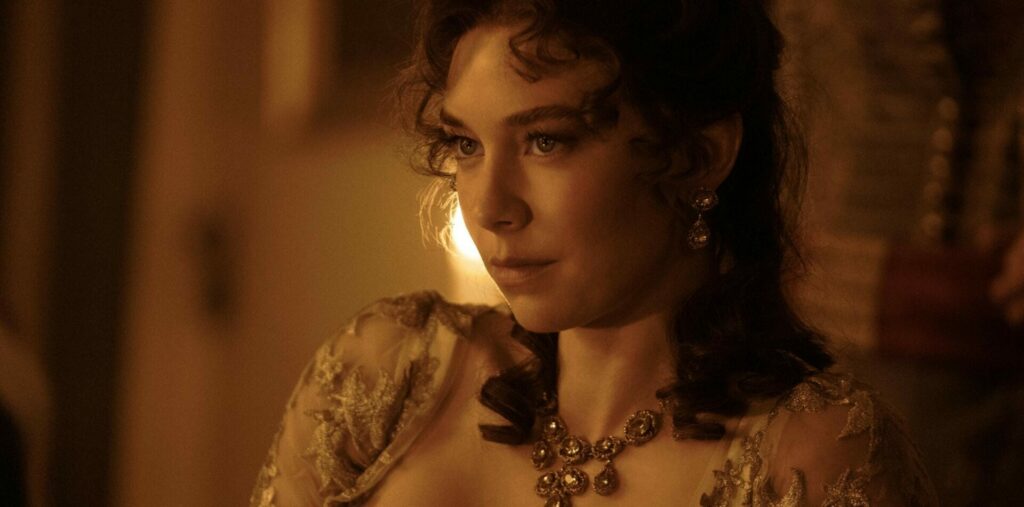
Vanessa Kirby is excellent and delivers the film’s best performance. In the extended cut, Josephine gets her own story before she encounters Napoleon and the extra scenes only make her a more engaging protagonist. She’s arrested, thrown in prison, and is told women in prison must try to get pregnant to receive a stay of execution. It’s a great way to introduce the external, societal need for Josephine to have children, a struggle which dominates her life, on which her survival depends, during both the revolution and when Napoleon demands an heir. I do wish the director’s cut offered more scenes featuring her children from her previous marriage. It’s disappointing not to see them interact more; they are there at the start and then at the end, with Josephine’s daughter unintentionally seeming like some mystery character until her relationship is mentioned in dialogue.
Meanwhile, neither the script or actor feel like they have a take on the character of Napoleon. Joaquin Phoenix is far too old for the part in the first half and spends most of the film sat looking bored while British character actors act round him. Napoleon seems uninterested in what’s going on, including the film he’s in, which gives him a disconnect from everything while Josephine is deeply part of it, she is invested in this world and therefore we are in her. We understand her stakes and her goals. She’s trying to survive, thrive, in tumultuous times that took everything from her and she refuses to let it happen again. She’s the main POV character for what’s happening in France, shockingly more so than Napoleon. The director’s cut features a great, atmospheric scene of Josephine walking the empty, trashed streets, part of the detritus of revolution herself.
At one point in the film, Josephine makes Napoleon say that he is nothing without her. And it’s true, to the film’s detriment. Whenever he’s not with her he’s uninteresting. Her presence defines him. Napoleon as a clingy lover, a man baby, is the characterisation that really works. It’s the one part of his life that feels like the film has a take on the character. He’s petulant. But is he a tactical genius, a good General and Emperor? I have no idea. At one point he states “I love France too much.” Does he? After spending three-and-a-half hours with him, I don’t know if this Napoleon is patriotic at all or if it’s all personal arrogance. He’s an enigma.

This Napoleon is at his best as a laughable man. The film is surprisingly a decent comedy. If it were just focused on his relationship with Josephine it would be a great film but any time it cuts away from her to go on an extended excursion it loses personality and purpose. The interpersonal relationship is more thrilling than any battle scene. Once Josephine dies I was ready for the film to wrap up but we still had Waterloo to go. This Napoleon can’t support his own movie. Perhaps if the film began earlier during his life, gave a grounding for his aspirations, rather than getting a narrated letter briefly mentioning his past as a Corsican ruffian and his mother’s ambitions. Napoleon being such a mummy’s boy informs his relationship with Josephine so I wish we saw the mother more than in just two brief instances.
I absolutely love the final shot of the film. Napoleon’s iconic silhouette slowly toppling over to the left, collapsing, dead, out of the frame, in a very similar manor to the corpse in the sarcophagus earlier in the film. But as the movie wraps up that’s still all Napoleon feels like: the man who was only a silhouette. Whereas Josephine is a fleshed out character with desires and emotions and a journey I can understand and makes me feel something. Ignore the title of the film and watch Napoleon as the movie it truly is at heart: Josephine.




